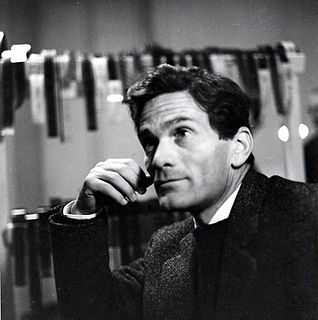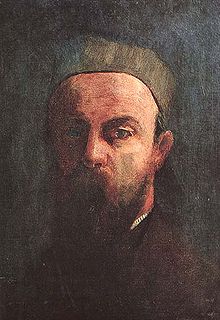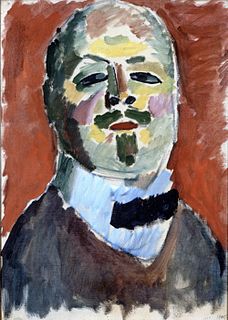A Quote by Ralph Waldo Emerson
Related Quotes
An artist, if he's unselfish and passionate, is always a living protest. Just to open his mouth is to protest: against conformism, against what is official, public, or national, what everyone else feels comfortable with, so the moment he opens his mouth, an artist is engaged, because opening his mouth is always scandalous.
It's part of a writer's profession, as it's part of a spy's profession, to prey on the community to which he's attached, to take away information - often in secret - and to translate that into intelligence for his masters, whether it's his readership or his spy masters. And I think that both professions are perhaps rather lonely.
The Artist submits from day to day to the fatal rhythm of the impulses of the universal world which encloses him, continual centre of sensations, always pliant, hypnotized by the marvels of nature which he loves, he scrutinizes. His eyes, like his soul, are in perpetual communion with the most fortuitous of phenomena.
His eyes shone when he looked at her, green as spring grass. He has always had green eyes, said the voice in her head. People often marvel at how much alike you are, he and your mother and yourself. His name is Jonathan and he is your brother; he has always protected you. Somewhere in the back of Clary’s mind she saw black eyes and whip marks, but she didn’t know why. He’s your brother. He’s your brother, and he’s always taken care of you.
We rarely hear, it has been said, of the combinations [that is, unions or colluding organizations] of masters, though frequently of those of workmen. But whoever imagines, upon this account, that masters rarely combine, is as ignorant of the world as of the subject. Masters are always and everywhere in a sort of tacit, but constant and uniform combination, not to raise the wages of labor above their actual price.
Good work is no done by "humble" men. It is one of the first duties of a professor, for example, in any subject, to exaggerate a little both the importance of his subject and his own importance in it. A man who is always asking "Is what I do worth while?" and "Am I the right person to do it?" will always be ineffective himself and a discouragement to others. He must shut his eyes a little and think a little more of his subject and himself than they deserve. This is not too difficult: it is harder not to make his subject and himself ridiculous by shutting his eyes too tightly.
My dad was always such a frustrated artist. He always worked very hard to support his family, doing a bunch of ridiculous jobs. He wanted to be a painter, but then he also wrote science-fiction novels in his spare time. He was always so frustrated having to work to support the family that I was like, I'm never going to do that. I don't want to just be working a menial job to support my family and dreaming of being an artist. We learn from our fathers in that way.









































